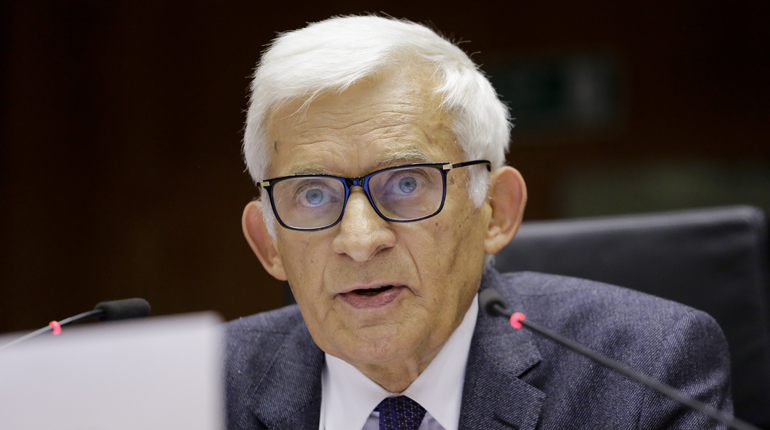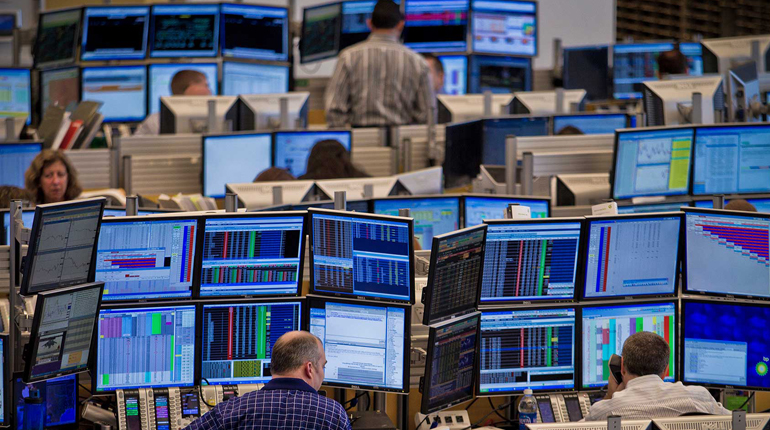Highlights
- Iran and the P5+1 agreed a landmark nuclear deal which will boost investment in Iran's oil and gas sector
- Turkey has increased its imports of Russian pipeline gas following a price discount
- Kuwait, the UAE and Israel are taking re-exported LNG to meet peak summer demand
- Oman has boosted non-associated gas production to meet domestic demand and fulfil its LNG export commitments
Economic overview
Iran reached a landmark nuclear deal that should result in an end to US and European sanctions, but geopolitical tensions elsewhere in the Middle East and Africa are damaging the region’s economic prospects.
Iran and the six world powers – the United States, UK, France, Germany, Russia and China – have reached a deal on sanctions relief in exchange for a limit on Iranian nuclear activities. Iran has accepted a “snapback” mechanism, under which some sanctions could be reinstated if the agreement is violated. Also, a UN weapons embargo will continue for five years, and a ban on buying missile technology will remain for eight years.
The deal is likely to result in higher crude oil exports from Iran and the sale of stocks held in floating storage. How quickly the oil will come on the market is uncertain.
Quarterly and annual year-on-year GDP growth rates
| Q3 2014 | Q4 2014 | Q1 2015 | 2015 | 2016 | 2017 | |
| Qatar | 6.0% | 6.7% | 4.1% | *7.1% | *6.5% | *5.6% |
| Egypt | 6.8% | 4.3% | 3.0% | *4.0% | *4.3% | *4.5% |
| Saudi Arabia | 2.4% | 1.6% | 2.4% | *3.0% | *2.7% | *3.1% |
| Nigeria | 6.2% | 5.9% | 4.0% | *4.8% | *5.0% | *5.3% |
| South Africa | 1.6% | 1.3% | 2.1% | *2.0% | *2.1% | *2.4% |
Elsewhere in the region, geopolitical tensions continued to simmer. The influence of extremist groups such as Islamic State (IS) is growing and Egypt has become the latest target. So far in July, 17 Egyptian soldiers and more than 100 militants linked to IS have been killed in Sinai province. Insurgents in Sinai have all but stopped pipeline gas exports from Egypt to Jordan, leaving the latter to pursue LNG imports. IS militants are also using Sinai to launch rocket attacks into Israeli-controlled territories.
IS took responsibility for June’s hotel attack in Tunisia, which claimed the lives of dozens of tourists. This followed another attack in Tunis in March, in which 21 tourists died – most of whom were European. Tunisia is the conduit for gas exports from Algeria to Italy using the Trans-Mediterranean pipeline, and the growing influence of IS is a concern for the government.
IS also claimed responsibility for a mosque attack in Kuwait in June, in which more than 10 people were killed. Kuwait has already beefed up security around its oil and gas installations following the attack.
Meanwhile, the conflict in Yemen between the Saudi Arabia-led coalition and the Zaidi Shia Houthi group has stopped LNG exports from the country, and they are unlikely to restart soon (see Yemen’s investment landscape worsens, March 2015).
In addition, the dispute between the two rival governments continues to limit oil and gas production in Libya (see Libya’s gas sector descends into chaos, May 2015).



